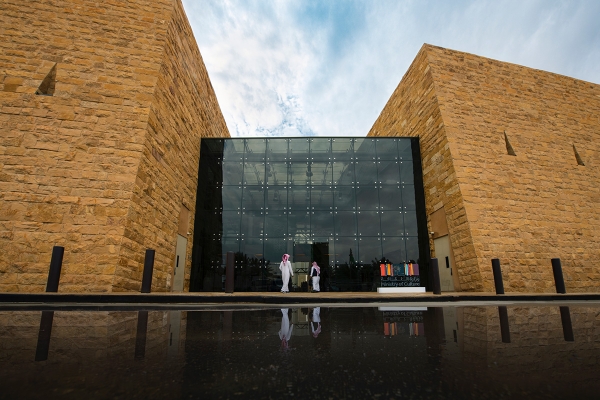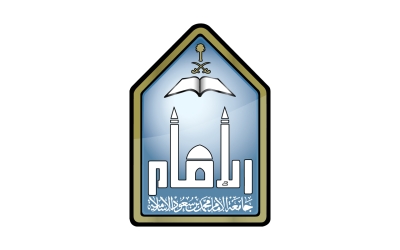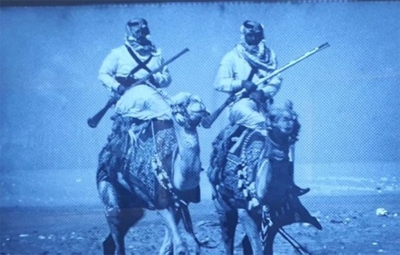

The Islamic World Cultural Index is a project launched by the Saudi Ministry of Culture in collaboration with the Islamic World Educational, Scientific, and Cultural Organization (ICESCO). It was introduced on the sidelines of the twelfth Conference of Ministers of Culture in the Islamic World, organized by 'ICESCO' in cooperation with the Qatari Ministry of Culture in the Capital, Doha, during the period September 25-26, 2023.
Objectives
The Islamic World Cultural Index project aims to monitor the transformation and development of the cultural landscape and document its achievements in Islamic countries. It focuses on four main areas: culture for the environment, climate, and resilience; culture for social development; culture for openness and diversity; and culture for economic development.
The cultural index helps identify information about each country's cultural position, performance, and achievements compared to the past. The data is published in a periodic report every three years, with two cycles (2023-2025), through a dedicated project page on ICESCO's official digital platform.
Funding for the first cycle of the project
The Kingdom of Saudi Arabia has funded the first cycle of this strategic project. Since 2019, the Kingdom has been issuing cultural status reports as a national report, published annually by the Ministry of Culture. The project aims to enhance the participation of Islamic countries in global cultural activities, create an atmosphere of mutual cooperation between countries, improve governance and evaluate cultural policies, and encourage investment in culture.
Executive program
On September 26, 2023, the Islamic World Educational, Scientific, and Cultural Organization (ICESCO) and the Saudi Ministry of Culture signed the executive program for the Islamic World Cultural Index Project. The program, which will be implemented over three years with the possibility of extension, supports specialized studies in cultural strategies. It promotes sustainable cultural development by developing cultural management mechanisms and training methods, as well as investing in cultural diversity and plurality.
Related quizzes

